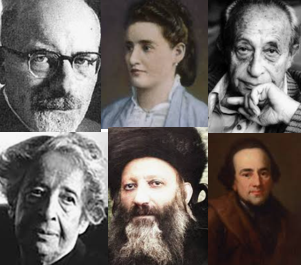 Judaism and Heresy
Judaism and Heresy
This study offers a new framework for rethinking the place of heresy in Jewish modernity by uncovering its hitherto under-researched crucial political and social implications. In what follows, it will be suggested that the concept heresy plays a critical role in a political-theological discourse through which communities create, negotiate, and modify their collective identity. In general terms, in this discourse, a group (people/nation) is able to create a previously absent cohesiveness by marking out the border between the heretic and the other members of the group. To support this claim, the study contests the negative definition of heresy as mere deviance and builds instead on Foucault’s work on discourse analysis and power relations to demonstrate the positive, constructive role of heresy. This work therefore contributes to recent debates in the history of ideas and philosophy of religion by reestablishing the importance of heresy as a modern philosophical and political category—with the goal of offering a rereading of Jewish heretic thought within the basic trajectories of twentieth-century philosophy. Most importantly, in establishing the constitutive role of heresy in the construction of communal experiences, the project lays the groundwork for modern debates on community. The research employs an interdisciplinary approach and focuses on a diverse group of Jewish thinkers, writers, religious leaders, and community activists within the European Jewish world, such as Isaac Deutscher, Moses Mendelssohn, Martin Buber, Bertha Pappenheim, Abraham Isaac Kook, Hans Jonas, and Hannah Arendt.
Research Project:

